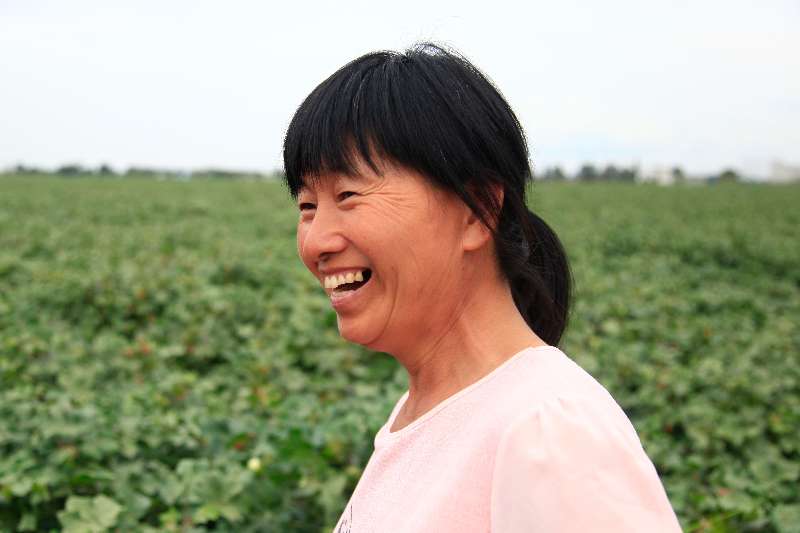Beautiful Xinjiang: Reform, agricultural modernization and industrial upgrades


In Wujiaqu of Northwest China's Xinjiang Uygur autonomous region, a city built and administered by Bingtuan — or the Xinjiang Production and Construction Corps — economic vitality is on the rise, as the XPCC has deepened reform, modernized agricultural industry and developed high-tech industry.
Xi Xiaolei, a worker at XPCC Sixth Division's 102th Regiment Company 4, told China Daily Website the free agricultural land allotted to her has increased from more than twenty mu to 50 mu (0.03 square kilometers) since the confirmation of land rights was carried out in the division last year.
"The annual income of my family is about 100,000 yuan and we can make more money this year through planting more seed-melon and cotton, thanks to the confirmation of workers' land rights," Xi said.
The confirmation of land rights is an important part of XPCC's strategic plan to deepen reform. Zhang Wuping, head of the 102th Regiment, said the reform, having been promoted for more than a year, reshaped the relationship between the farm and the workers and brought workers more benefits.
Last year, the average annual income per capita of Company 4's workers was 65,000 yuan, a 30 percent increase year-on-year, according to Zhang.
- Xinjiang becomes logistics hub of Belt and Road
- Slandering Xinjiang as 'no rights zone' against fact, Chinese official told UN panel
- Xinjiang Altay ends four-month fishing ban
- Global warming accelerates desertification in northern China
- Trade of China-Kazakhstan Horgos Int'l Border Cooperation Center enters busy season




































